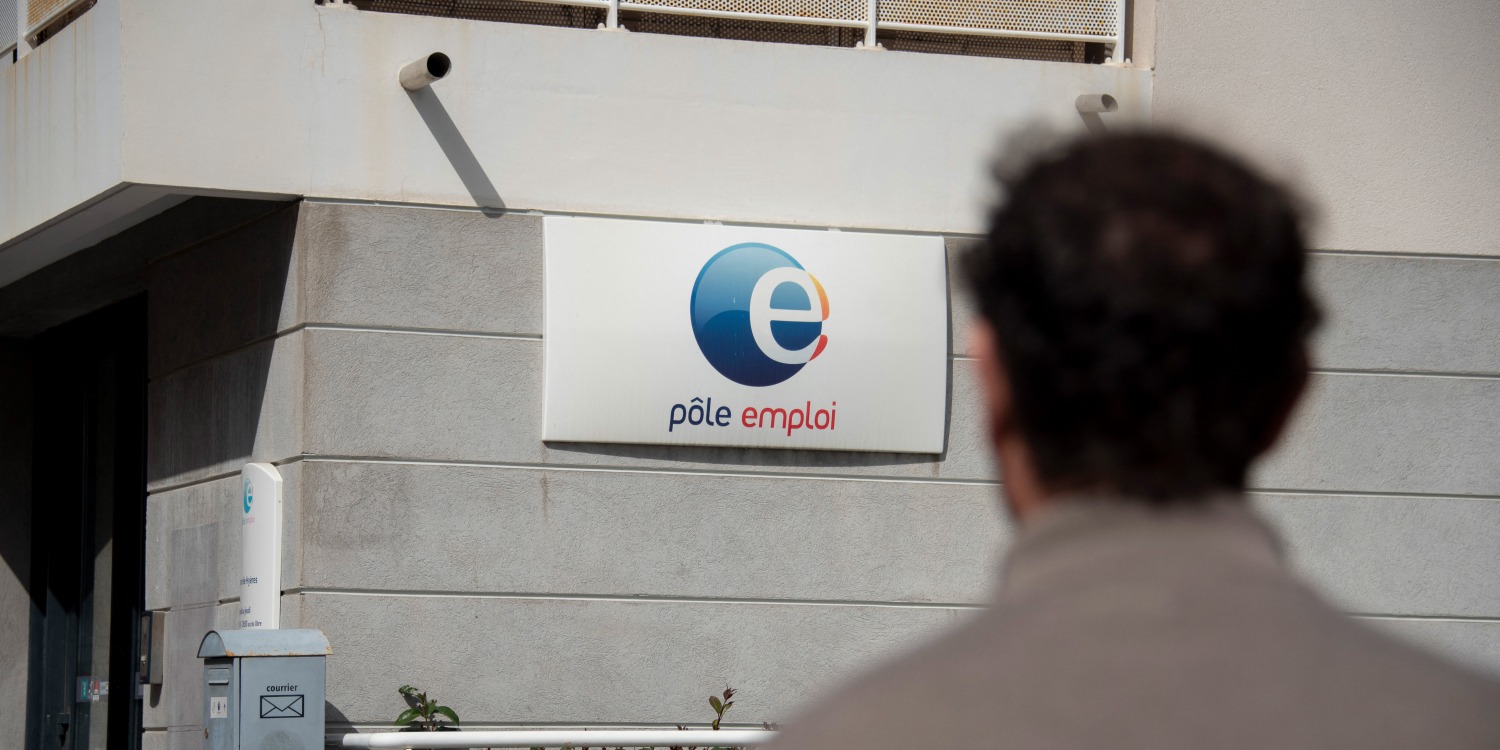Margaux Fodéré with AFP / Photo credit: Magali Cohen / Hans Lucas / Hans Lucas via AFP 07:34, June 07, 2023
The government presents Wednesday its bill "for full employment", which should give birth to France Work, successor of Pôle emploi, and set up a more personalized and directive support for recipients of the RSA who have hardly benefited from the fall in unemployment.After the thorny issue of pensions, the executive wants to turn the page and focus on the next challenges of the five-year term. Among them, full employment. The government presents this Wednesday its bill "for full employment", which should give birth to France Work, successor of Pôle emploi. What's in it?
>> Find Europe Matin in replay and podcast here
An unemployment rate around 5% in 2027
The executive is counting on this transformation to achieve full employment, i.e. an unemployment rate of around 5% in 2027 (against 7.1% currently) by targeting people who are very far from employment. Despite the sharp decline in unemployment in recent years and labour shortages in many sectors, the number of RSA beneficiaries has hardly decreased since 2017, to around 1.8 million.
In this context, the creation of France Labour, by 1 January 2025 at the latest, aims to better coordinate the actors of the public employment service, which is more fragmented than in other European countries. It is a question of having the same entry procedure for all people looking for work or encountering integration difficulties, regardless of the door they knock on. The idea is that a person applying for RSA to the CAF is at the same time registered with France Work, whereas today only 40% of RSA beneficiaries are at Pôle emploi.
>> LISTEN - What is France Work?
A journey of accompaniment
This automatic registration to France Work, on the basis of common criteria, will allow "a quick entry into the support path" and "visibility on all people looking for work in a territory," says Matignon. Each registrant at France Work will sign "a contract of engagement". It is in this context that a renewed support for RSA recipients is being tested in 18 departments with the sensitive issue of 15 to 20 hours per week of activity.
Not formally written into the law, these hours (immersions, refreshers, CV writing ...) will be an objective "adapted" to everyone, said Olivier Dussopt. It will be "neither free work nor compulsory volunteering", he repeated in the face of fears of anti-poverty associations.
Easier punishment
In this "logic of rights and duties", the bill makes it easier to implement sanctions for recipients who do not respect their obligations. Before the cut-off of a striking off - little applied - the councillor may henceforth, unless opposed by the president of the departmental council, suspend the payment of the RSA in the event of breach, with a retroactive regularization when the person again respects his commitments.
The text, which will first be examined in the Senate at the beginning of July, has two other parts: one on disability which aims to improve access to employment for people with disabilities in the ordinary environment and the other on early childhood which recognizes municipalities as "organizing authorities" of reception, with the mission of identifying needs, informing families and building the offer. 200,000 new childcare places will be created by 2030.

